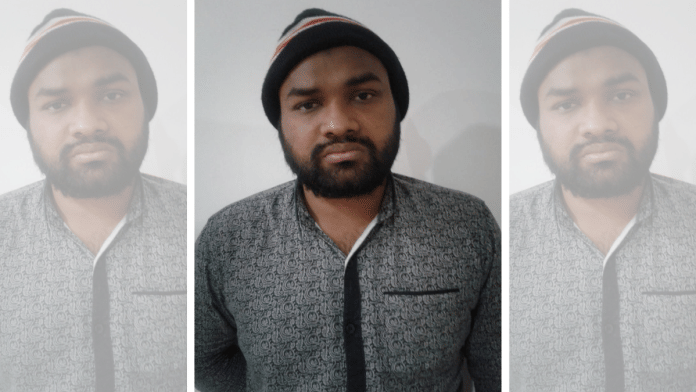New Delhi: Citing mitigating factors such as the possibility of reformation, the Kerala High Court has modified the life sentence of a former Islamic State (IS) operative to 10 years of rigorous imprisonment.
Additionally, the court Thursday also factored in Subahani Haja’s past clean record, as well as the National Investigation Agency (NIA) not charging him with any “specific overt acts” after his return from Iraq in 2015.
While dismissing Haja’s appeal against the 2020 judgment of the Ernakulam special court, the division bench of Justices Raja Vijayaraghavan V and K.V. Jayakumar took into account the NIA’s charges that the convict made an unsuccessful attempt to procure explosives.
The NIA had gathered intelligence inputs about a module of IS comprising around 15 individuals secretly working in southern states to collect explosives.
Bhaja was arrested on 5 October 2016—two days after the NIA searched his rented accommodation and more than a year after he returned from Iraq via Turkey. He had left India in April 2015 and proceeded to join the terrorist outfit by entering Iraq through Turkey. But, he returned months later through the same route in September 2015.
“Applying the principles of law laid down in the aforementioned cases and having regard to the totality of facts and circumstance of this case, we are of the considered opinion that the ends of justice would meet, if we reduce the sentence of the appellant from imprisonment for life to rigorous imprisonment for 10 years, imposed under Section 20 of the UAPA (Unlawful Activities (Prevention) Act),” the bench observed. “The rest of the findings of the learned special judge are upheld.”
Also Read: ED attaches Rs 29,176 from bank account used to receive ISIS funds for 2022 Mangaluru IED blast
The charges
To join the IS, Haja stayed in Istanbul for six days before crossing over to Syria and finally reaching Mosul. The NIA submitted conclusively that Haja was imparted “religious training” for 25 days and “weapon training” for 21 days. During his physical training, he fell onto the floor and injured his left knee severely, forcing him out of the battlefield.
Owing to his injury, Haja was deployed as a security guard. During that duty, a shell exploded near him and two of his fellow fighters died, leading him to think about returning to India.
He was detained by the IS and lodged in a prison for 54 days when he discussed with his ‘amir’ (boss) about his plan to return home. Later, he was released and returned through Istanbul.
After that, Haja lived in a rented house in Chennai and worked as a computer operator in a jewellery shop. However, the NIA managed to provide evidence that the Kerala man tried to purchase explosive materials such as chlorate, phosphorus, sulphur and aluminium powder amounting to 50 kg each.
Subsequently, the special court handed him life sentence in 2020, observing that “normal methods of reformation will be ineffective for him.”
“As rightly pointed out by the learned public prosecutor, the convict has declared in no uncertain words that he wanted to be a ‘Jihadi’ in India, for certain reasons perceived by him. His attempt to procure precursor explosives in huge quantities, soon after reaching back from Iraq, is also a very disturbing fact, especially when a witness having scientific background opined that the said quantity was enough to devastate a large area,” it observed.
Taking note of the convict’s attempt to buy an American sniper rifle online, the special court mentioned that his release in a short period can enable an evil plan by him.
On the other hand, the Kerala High Court observed a possibility of reformation in the convict, as well as a sense of repentance, and no criminal history, to curtail the life sentence to 10-year rigorous imprisonment.
“We have carefully considered the sentence imposed by the trial court, guided by the principles discussed above. No doubt, the offences committed by the appellant are of grave and serious nature. However, we have noticed certain mitigating circumstances: The appellant was aged 35 years at the time of the alleged commission of the offences,” it observed.
“No specific overt acts were alleged against the appellant after his return from Iraq, except an unsuccessful attempt to procure explosives. Repentance and the possibility of reformation of the accused. The absence of criminal antecedents,” it added.
(Edited by Tony Rai)
Also Read: Brothers held by NIA over Jiribam killings ‘link’, family says ‘don’t even have money to fight case’






